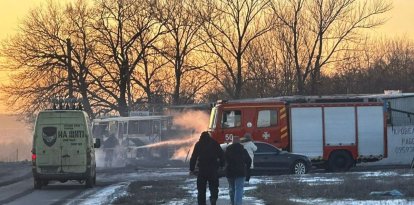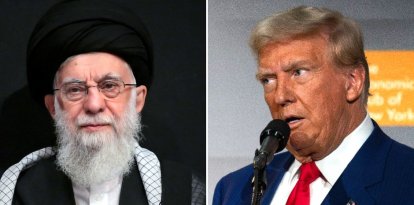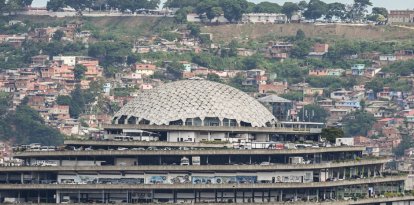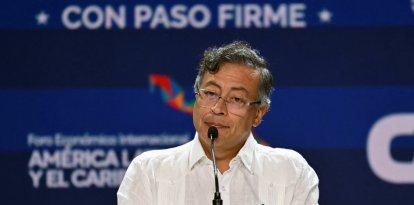Colombia faces a wave of land invasions following Gustavo Petro's rise to power
The occupations are generating an ethnic conflict between the black and indigenous communities.

Cordon Press
Although expropriations are not legal in Colombia, after the the new president Gustavo Petro's rise to power, there has been a wave of land invasions in some parts of the country, mainly in the north of Cauca, as published by the magazine Week this Sunday. In the publication they mention one of Petro's speeches that would have incited the recent occupations: "To paraphrase the new president's speech- the land does not belong to those who own it, but to those who need it." Petro had used that same phrase, but with wealth.
The American newspaper has reported proposals by the former guerrilla to "drastically raise taxes" among landowners. If the owners go bankrupt due to not paying taxes, the government would keep the land as payment. In the municipality of Neiva, a section of illegally occupied private land was renamed Gustavo Petro, in honor of the President of the Republic.
In the municipality of Pailitas, at least five large farms have been invaded in the last two months. The same is happening in Remedios, northeastern Antioquia, where the Ombudsman's Office issued a statement and asked the national government for concrete plans to reach a peaceful solution:
Government response
In a press release, the Colombian presidency informed that "there will be Agrarian Reform to seek equity in access to land. But we ask Colombians to respect tenure and property." The official statement also sends a clear message:
Ethnic conflict
Semana magazine witnessed that groups of hooded indigenous people invaded an hacienda in the municipality of Guachené in Cauca. There was a confrontation with the black community that lives in this area and has worked in sugarcane cultivation for more than 200 years. The indigenous people came with machetes and pyrotechnics to burn down and take down the crops. This fact is an example of the polarization that is taking place in the Caribbean country in just the few weeks that President Petro has been in office.
Confrontations between indigenous and black communities in the northern part of the Cauca have reportedly intensified since August 1. This was when the Regional Indigenous Council of Cauca announced that they would initiate a series of seizures of flat and productive lands in the area of the region that has been inhabited by Afro-descendant communities since long before the abolition of slavery in Colombia.

























